In 480-479 bc, the combined city-states of Greece repelled a gigantic invasion by the massive Persian Empire, bent on bringing the Greeks to heel. Against the odds, the Greeks triumphed, and it is understandable that they in some way felt blessed among peoples. They then enjoyed something of a golden age. They developed new ideas of government and of
a citizen’s role in civic life, created new architecture and public works, and made bold advances in drama and sculpture. In some respects they brought humans further toward what we understand as “civilization” than did the peoples of other cultures.
Why, then, did they then revert to their customary factionalism, fall into rivalry, and suspicion and then war upon one another for 30 years, until 404 bc, when Athens, the center of the blossoming of new thought and new arts, capitulated to a conservative Sparta? Why, when these Greeks had so much to show the world, did they instead sink into an internecine struggle from which they would never recover?
The truth, alas, lies somewhere in the imperfection of man’s nature, some part of humanity that even if we can recognize, we cannot adequately remedy. Thucydides told us as much in this tragedy writ large, The History of the Peloponnesian War. The causes of that war—and some of the actions and some of the results—rekindle themselves in all wars, and that is why the study of it is still enlightening.
Oddly, the internecine struggle of the Greeks from 431 to 404 bc resembles the general European war of ad 1914-1945: a smoldering rivalry that many recognized would flame into war; otherwise inconsequential acts by allies that drew the major powers into a “hot” war; a quick victory envisioned by both sides; atrocities and “total war” early on considered unthinkable but ultimately committed by both sides; a bold naval expedition (to Syracuse, to Gallipoli) so full of hope and ultimately so shattered; the entanglement of allies; the expansion of fighting to remote regions thus making the conflict a “world war”; an intermittent period of “peace”; flawed strategies by charismatic leaders; exhaustion even of the victor in victory; the list goes on and on.
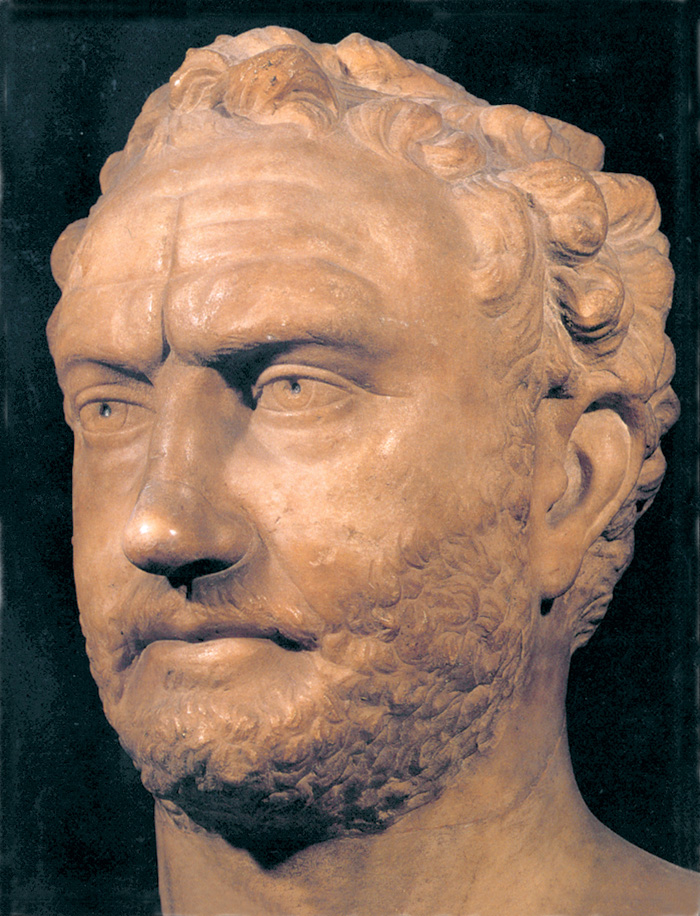
Athens and Sparta were never enamored of one another, but they saw the sense of combining to resist the threat common to both: Persia. Once that threat was turned back, they paid less attention to their common heritage and more to their conflicting world views. Sparta was content with the old ways; Athens was enamored of its
philosophy of democracy and overeager to export it. Other city-states more or less had to fall into one camp or the other.
The war came because the Greeks saw themselves not as citizens in a common Greek culture so much as citizens of competing localities. It was a great shame. One wonders what could have been achieved had they instead seen themselves as partners that could serve as a light to the world. Might Athens have never relinquished its position as the center of thought and innovation? Thus might not the Parthenon have remained intact and not used as an ammunition dump leading to its partial destruction in 1687? Might not the lost plays of Sophocles and the writings of Pythagoras and many others never been lost at all?
But these Greeks considered themselves citizens of smaller territories rather than of a larger civilization and so let slip the dogs of war and tore at each other’s throats until they were both nearly exhausted to death. They used up their physical treasures; they used up their best young men; they used up their best leaders and rulers. They ruined themselves. Other civilizations came along and took them over.
Thucydides, a discredited Athenian general from early in the war, tells all. He still has much to teach, and we still have much to learn.
Brooke C. Stoddard
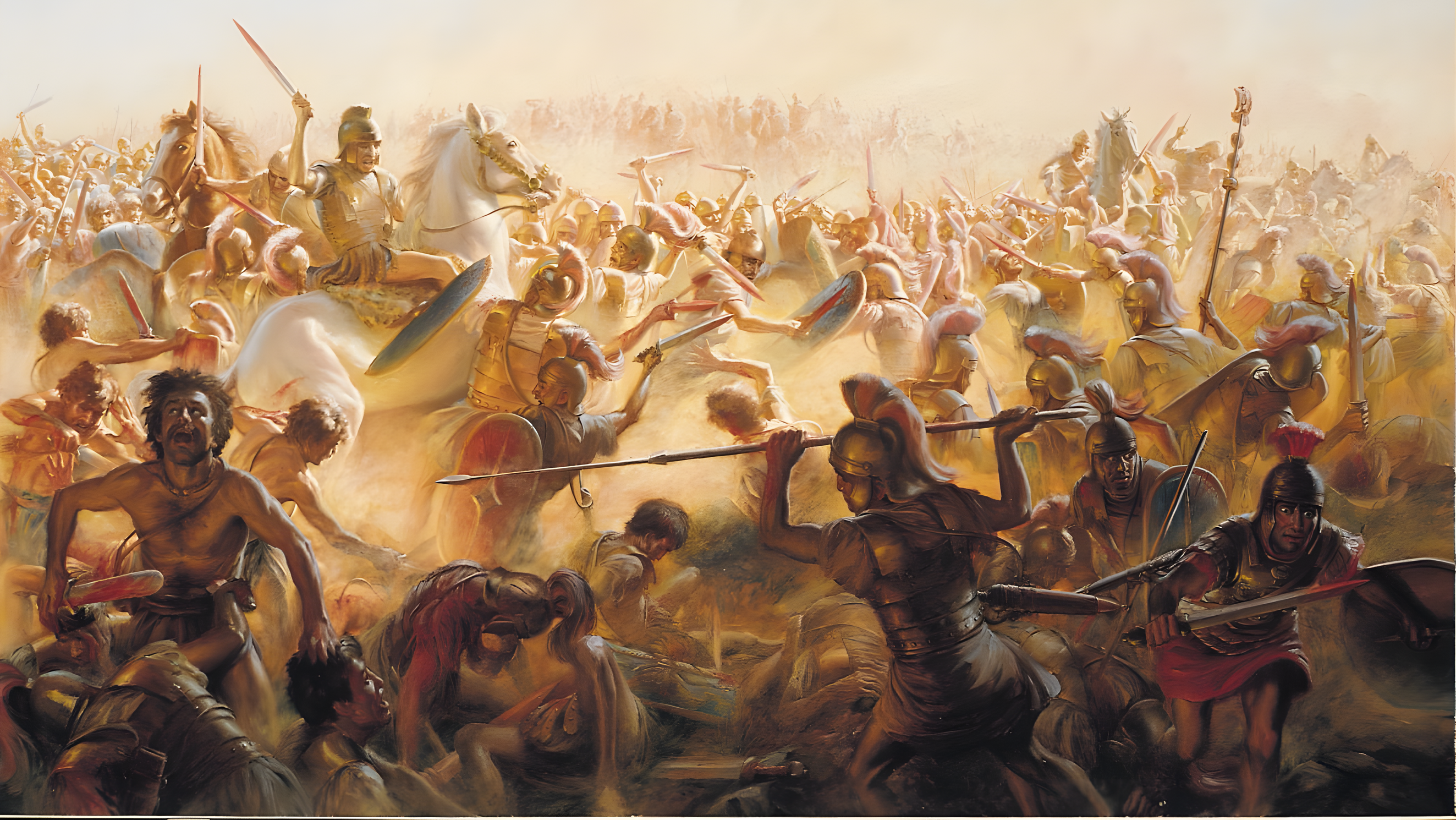
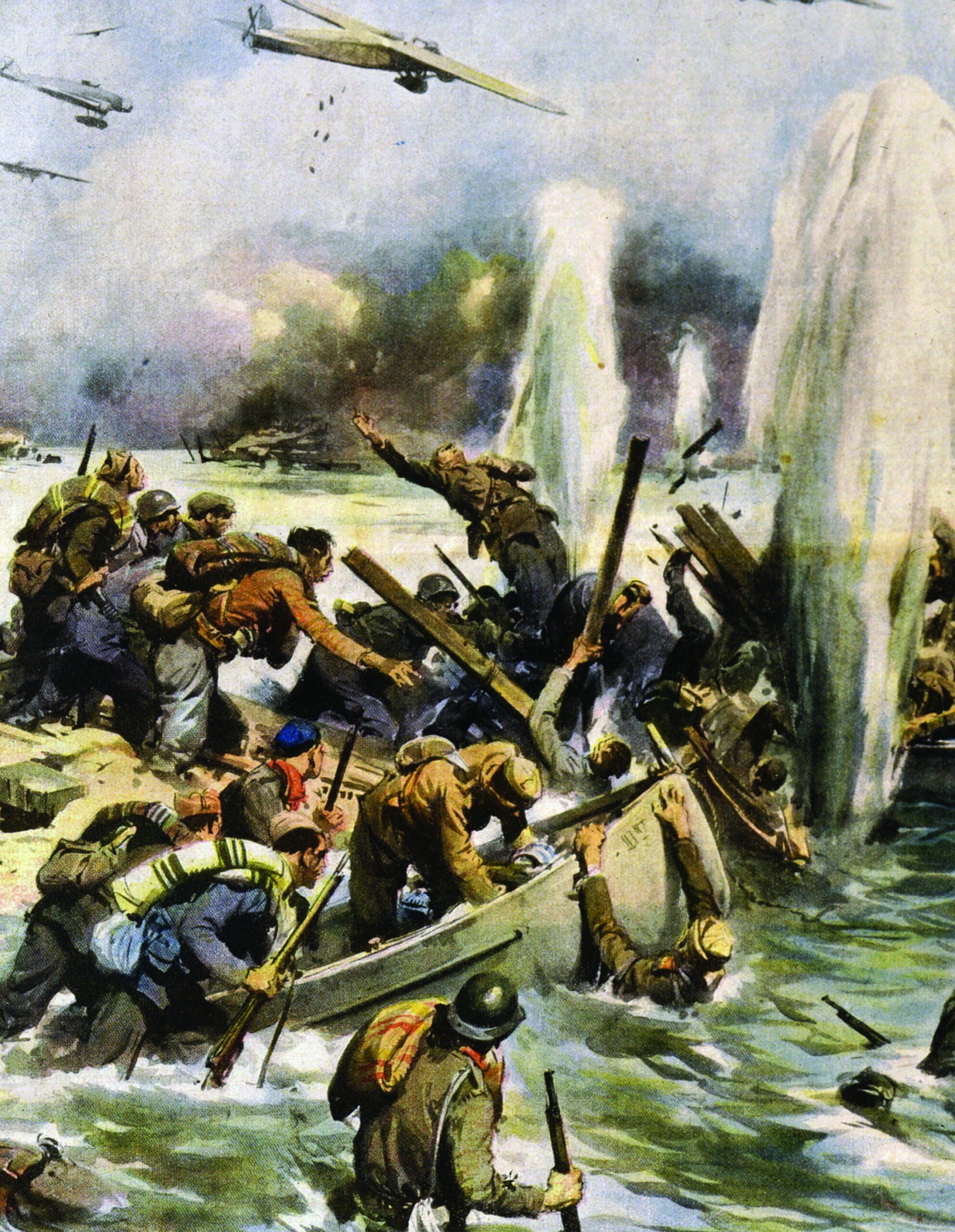

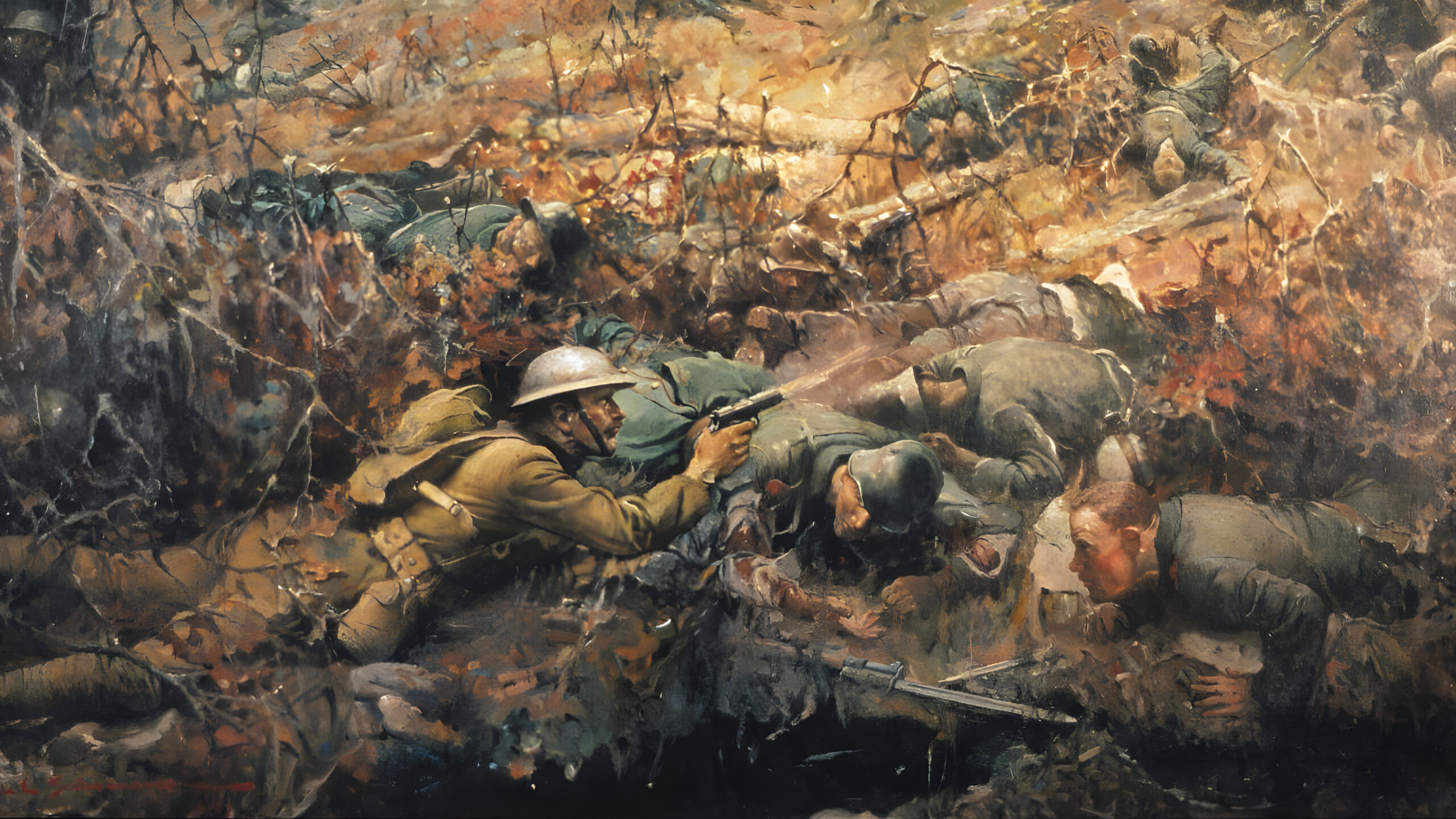
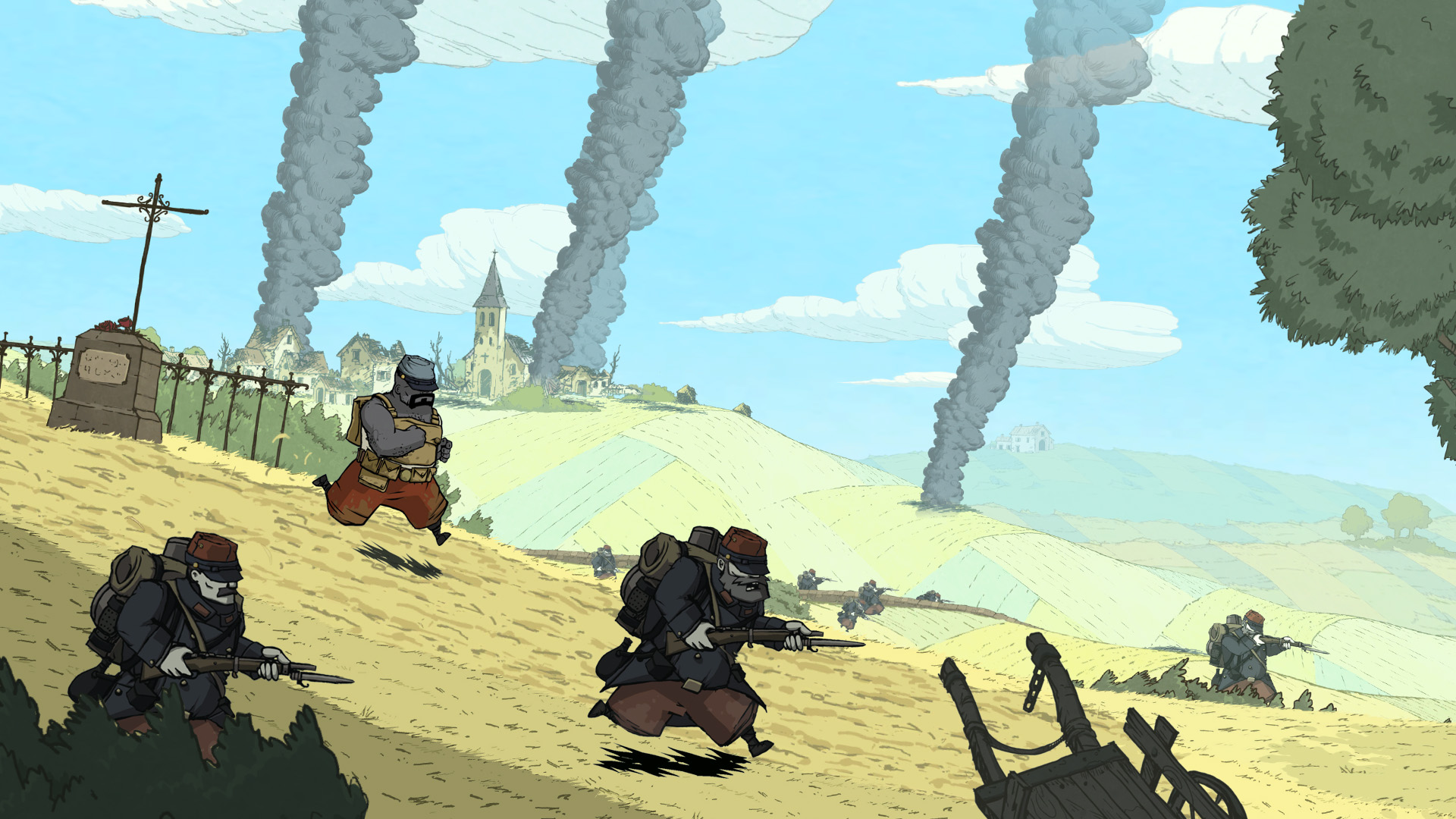


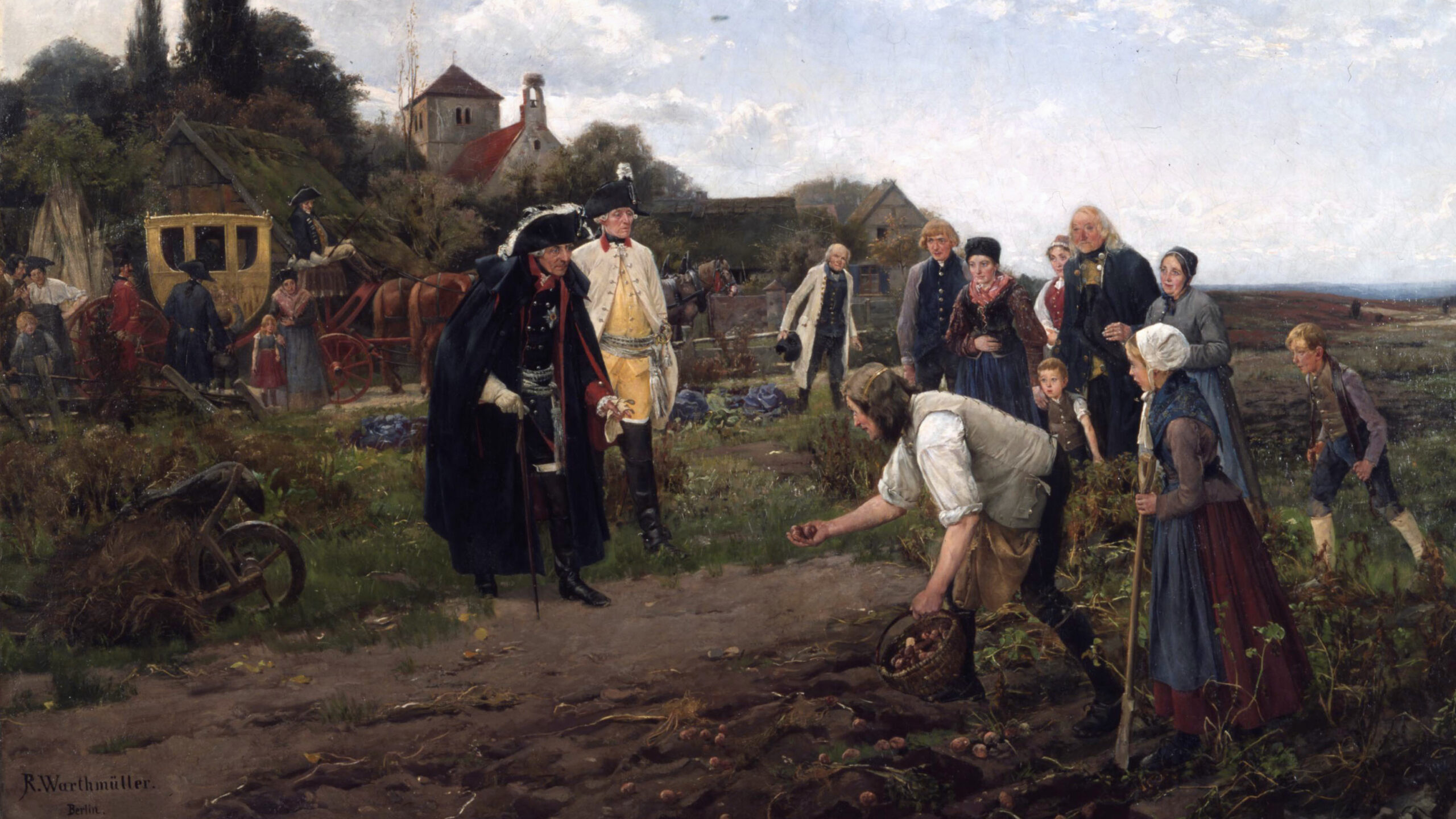
Join The Conversation
Comments
View All Comments